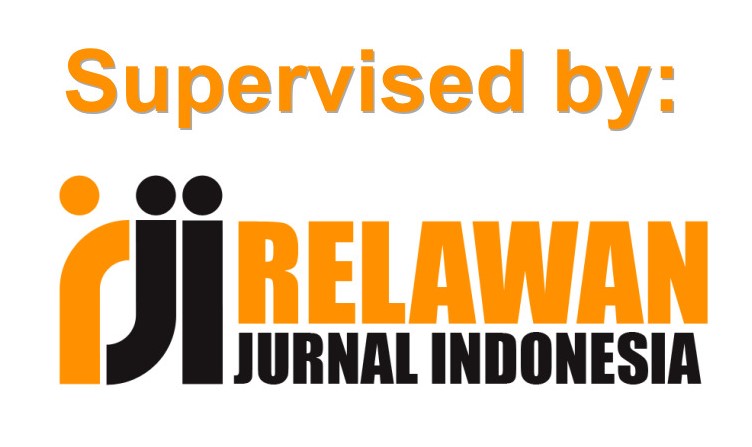Development Method for Determining the Law of Indonesian Ulama Council (MUI) Post Reform (Case Study of Fatwas related to Law)
Abstract
Full Text:
PDF [INDONESIA]References
Al-Gazâli. (1971a). Al-Mustasfa min ‘Ilm al-Ushul (Jilid II). Mathba’ah al-Irsyâd.
Al-Gazâli. (1971b). Syifâ’ al-Galil Fi Bayân al-Syibh wa al-Mukhil wa Masâlik al-Ta’lil. Mathba’ah al-Irsyâd.
Al-Juwaini, I. (n.d.). Al-Burhân fi Ushul al-Fiqh: Vol. Jilid I. Dar al-Ansar.
Al-Kamâli, ‘Abdullah Yahya. (2000). Maqâsid al-Syarî‘ah fi Dau’ Fiqh al-Muwâzanât. Dâr Ibn Hazm.
Al-Qal’arji, M. R. (1991). Mabâhits fi Iqtishâd al-Islâmi min Ushul al-Fiqh. Dâr al-Nafâis.
Al-Zahabi, M. H. (1968). Al-Syari’at al-Islâmiyah (Cet ke-3). Dâr al-Kutub al-Haditsah.
Al-Zuhaili, W. (1985). Al-Fiqh al-Islâm wa Adillatuhu (Jilid. 2). Dâr al-Fikr.
Amiruddin, & Asikin, Z. (2008). Pengantar Metode Penelitian Hukum. Rajawali Press.
Ashshofa, B. (1996). Metode Penelitian Hukum Islam. Rineka Cipta.
Asyur, M. al-Thâhir bin. (2001). Maqâshid al-Syarî’ah al-Islâmiyah (Cet ke-2). Dar al-Nafais.
Dirjen Bimas Islam dan Haji Kemenag RI. (2003). Himpunan Fatwa Majelis Ulama Indonesia. Dirjen BIMAS ISLAM dan Penyelenggaraan Haji Depag RI.
Izzuddin bin ‘Abd al-Salâm. (n.d.). Al-Qawâ’id al-Shugra,.
Majelis Ulama Indonesia. (2011). Fatwa MUI sejak 1975. Erlangga.
Moleong, L. J. (2006). Metodologi Penelitian Kualitatif. Rosdakarya.
Mua’llim, A. & Yusdani. (1999). Konfigurasi Pemikiran Hukum Islam (cet 1). UII Press.
Mudzhar, H. M. A. (1998). Membaca Gelombang Ijtihad; Antara Tradisi dan Liberasi. Titian Ilahi Press.
Qardhawi, Y. (1995). Fatwa-Fatwa Kontemporer Terj. Drs. As’ad Yasin, judul Asli: Al-Fatawa al-Mu’ashirah (Jilid 2). Gema Insani Press.
Supriyadi, D. (2007). Sejarah Hukum Islam (Dari kawasan Jazirah Arab Sampai Indonesia). CV Pustaka Setia.
Umar, H. M. H. (2007). Nalar Fiqh Kontemporer. Gaung Persada Press.
DOI: https://doi.org/10.24952/tazkir.v7i2.5038
Refbacks
- There are currently no refbacks.
Copyright (c) 2021 Tazkir : Jurnal Penelitian Ilmu-ilmu Sosial dan Keislaman

This work is licensed under a Creative Commons Attribution-ShareAlike 4.0 International License.

This work is licensed under a Creative Commons Attribution-ShareAlike 4.0 International License.
Editorial Office:
Institute for Research and Community Services; Universitas Islam Negeri Syekh Ali Hasan Ahmad Addary Padangsidimpuan.
Jl. T. Rizal Nurdin Km. 4,5 Sihitang 22733 Padangsidimpuan, Sumatera Utara, Indonesia.
Phone: (+62) 634 22080 Faximili: (+62) 634 24022
e-mail: lppm@uinsyahada.ac.id
 View My Stats
View My Stats



